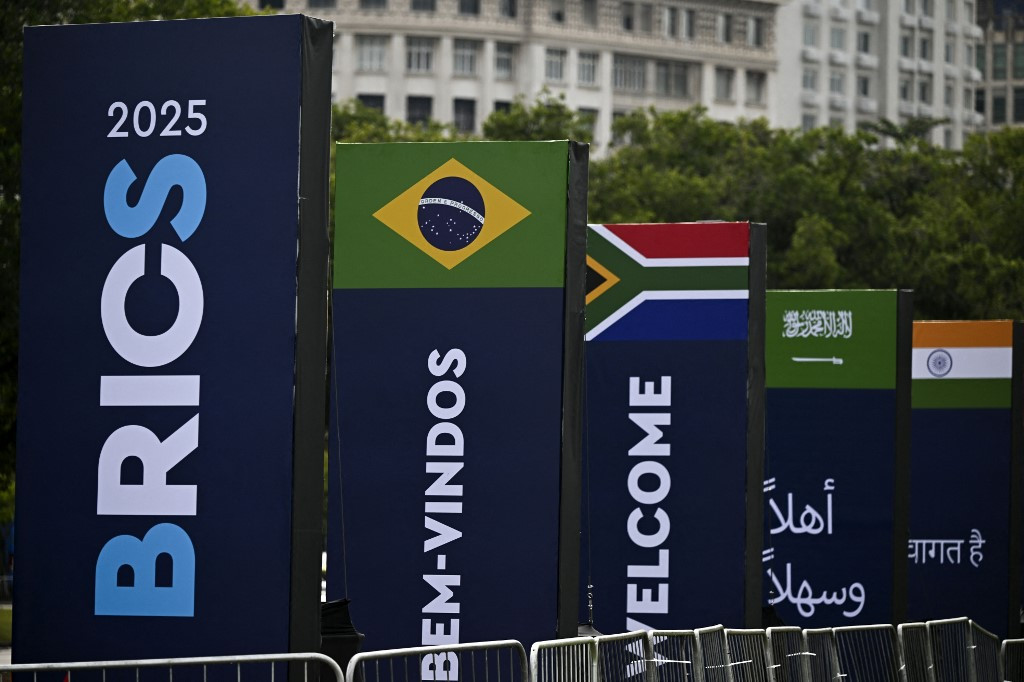BRICS Development Bank: A New Force in Global Finance, Distinct from the IMF

The emergence of the BRICS Development Bank (NDB) has sparked significant discussion within the global financial landscape. Indonesia's Deputy Finance Minister, Thomas Djiwandono, has recently emphasized a crucial point: the NDB is designed to operate differently from the International Monetary Fund (IMF). This distinction comes amidst growing calls from BRICS nations – Brazil, Russia, India, China, and South Africa – to shift the IMF's perceived European-centric focus and create a more balanced and equitable financial architecture.
Why the Dissatisfaction with the IMF? For years, BRICS nations have voiced concerns about the IMF's governance structure and lending practices. Critics argue that the IMF's policies, often imposed as conditions for loans, can be overly restrictive and detrimental to developing economies. The dominance of European nations within the IMF's decision-making processes has also fueled calls for greater representation and influence from emerging markets.
The BRICS Development Bank: A Different Approach The NDB, established in 2015, aims to address infrastructure development and sustainable development projects within the BRICS nations and other developing countries. Unlike the IMF, which primarily provides financial assistance during economic crises, the NDB's focus is on long-term investments and capacity building. This proactive approach seeks to foster sustainable growth and reduce reliance on traditional Western-dominated financial institutions.
Key Differences Explained: Several key differences set the NDB apart from the IMF:
- Focus: IMF – Crisis response and macroeconomic stabilization; NDB – Infrastructure and sustainable development.
- Lending Conditions: IMF – Often imposes strict austerity measures; NDB – Emphasizes project-specific assessments and local ownership.
- Governance: IMF – Historically dominated by Western nations; NDB – Represents the interests of BRICS nations and developing countries.
- Scope: IMF – Global; NDB – Primarily focused on BRICS nations and developing economies.
Indonesia's Perspective & the Global Impact Deputy Minister Djiwandono’s remarks highlight Indonesia’s support for a more diversified and inclusive global financial system. As a key member of the G20, Indonesia recognizes the importance of strengthening alternative financial institutions like the NDB to provide developing countries with greater access to capital and promote sustainable development.
The rise of the NDB signals a broader shift in the global economic order. It represents a challenge to the established dominance of Western financial institutions and offers a new model for development financing that prioritizes local needs and sustainable growth. While the IMF remains a crucial player in the global financial system, the NDB's unique approach and growing influence are undoubtedly reshaping the landscape of international finance.
Looking Ahead: The NDB's success will depend on its ability to effectively channel resources into impactful projects and maintain its independence from political pressures. As the institution matures, it will be crucial to monitor its lending practices, governance structure, and overall impact on developing economies. The NDB’s journey will be a significant test for the concept of a multipolar financial world.






